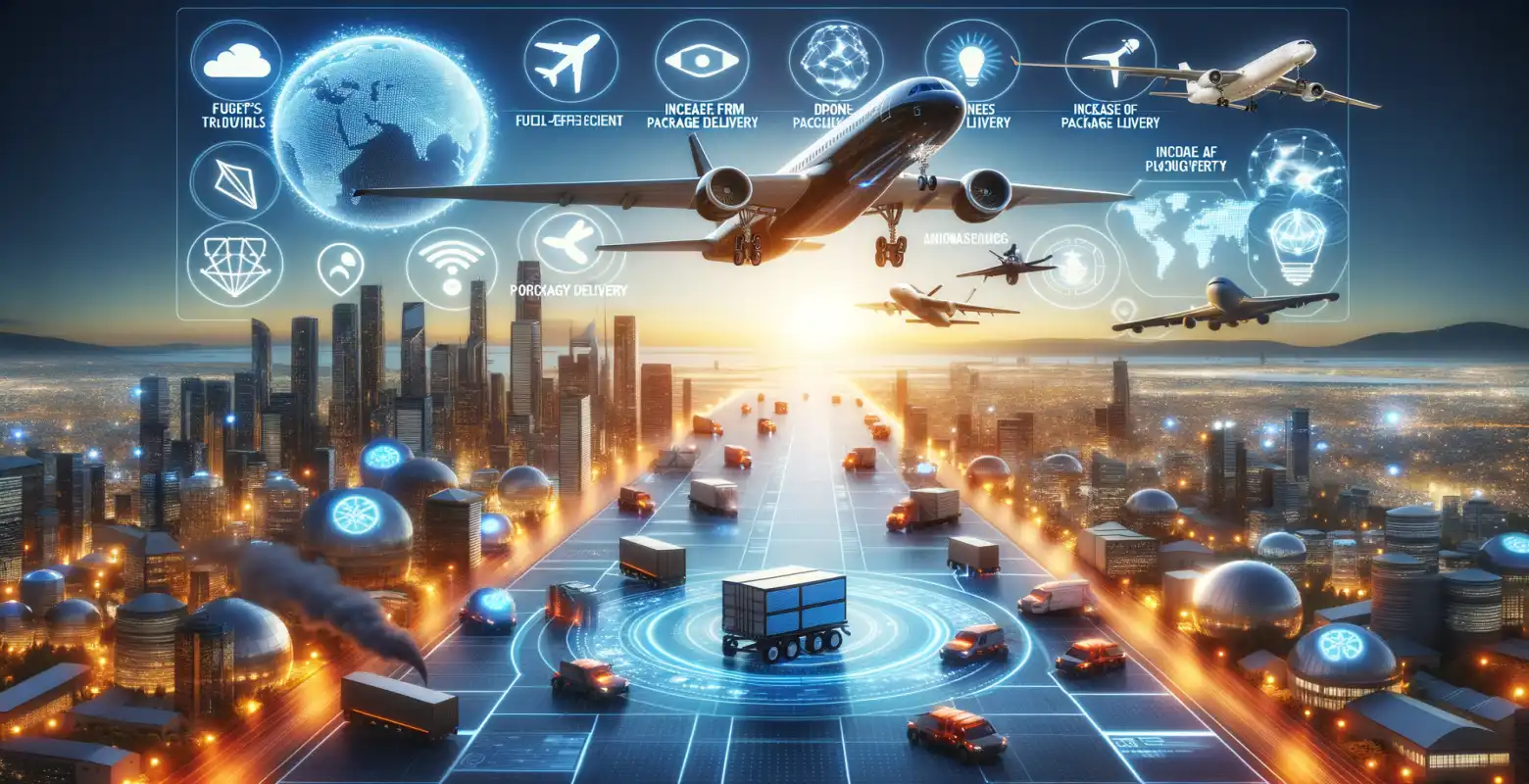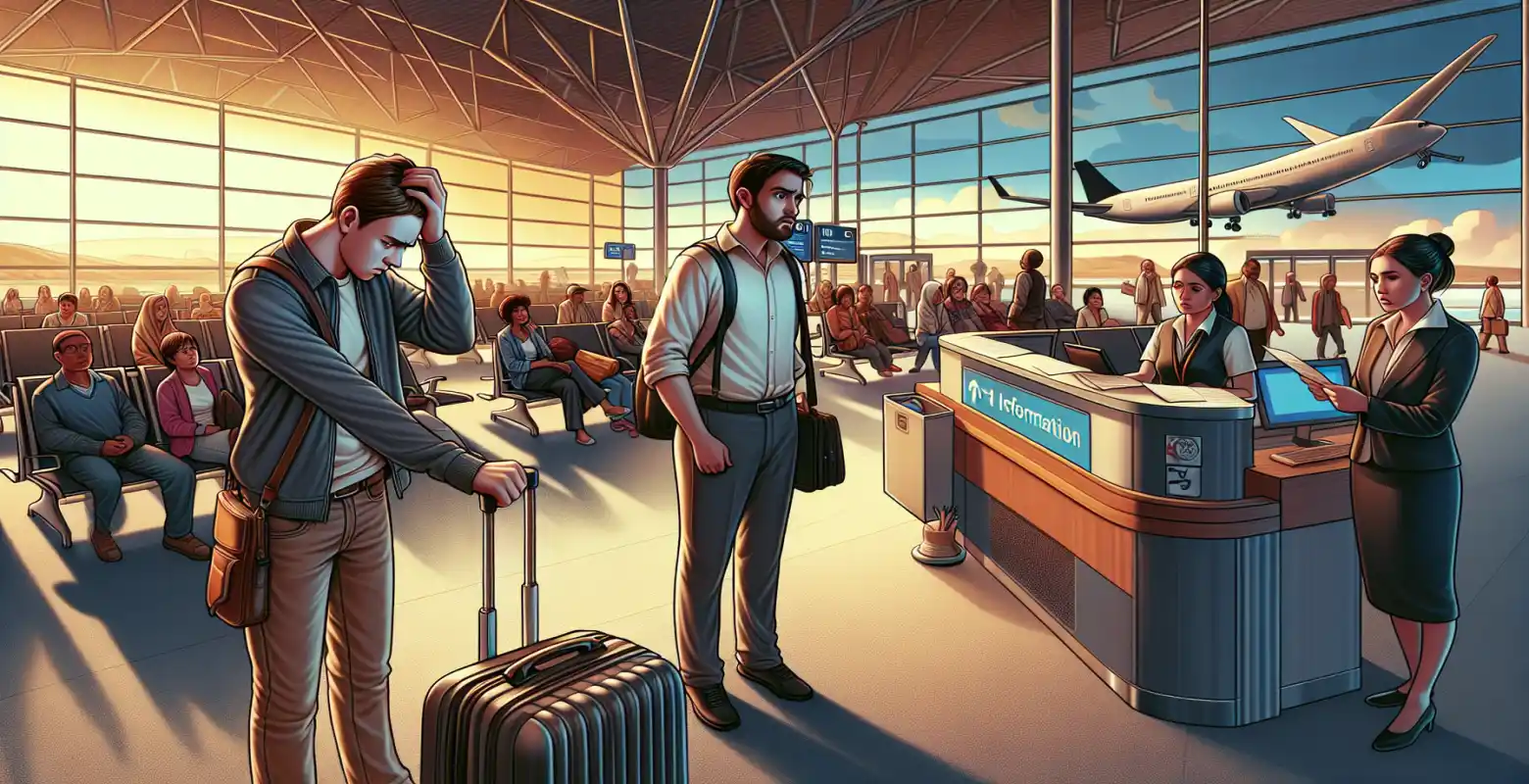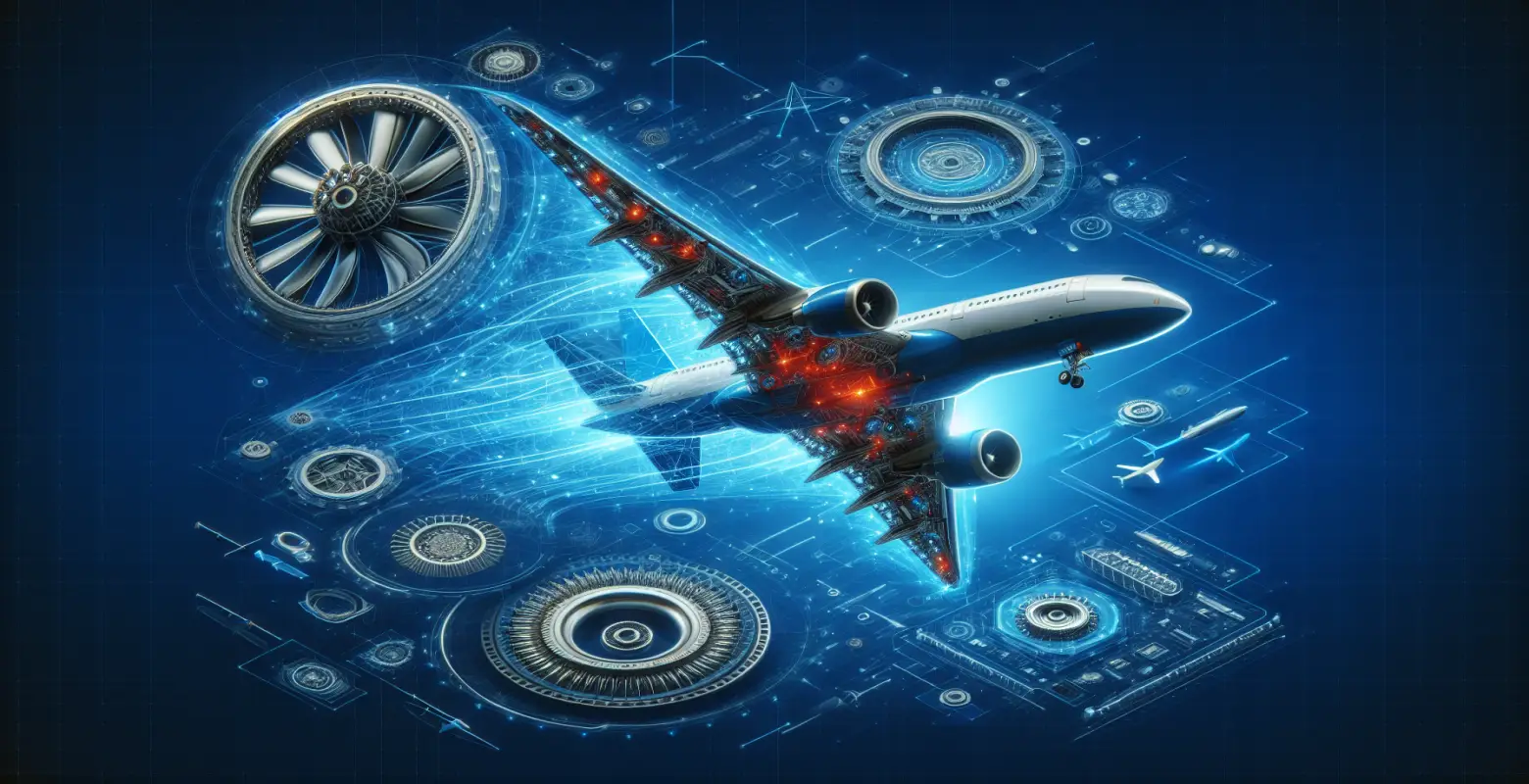What trends will dominate the aviation industry in the coming years?
Introduction
Aviation is one of the most important sectors of the economy, constantly evolving and adapting to new technologies and changing market needs. In the face of increasing globalization, growth in air travel, and pressure for sustainable development, the aviation industry faces many challenges but also brings opportunities for innovation. In this article, we will examine the trends that will dominate aviation in the coming years, analyzing both technological, economic, and ecological aspects.
Technological Innovations in Aviation
Technology has always been key to the development of the aviation industry. In the coming years, it is predicted that virtual reality (VR) and augmented reality (AR) technology will be used not only in pilot training but also in technical maintenance and flight planning. These technologies allow for simulating various flight scenarios, better preparing crews for emergency situations.
Another area where technology will play a crucial role is automation. Autonomous aircraft, still in the testing phase, have the potential to revolutionize how we think about air travel. Unmanned aircraft can bring savings for airlines, increase safety by reducing human errors, and enhance operational efficiency.
Sustainable Development and Green Aviation
One of the major challenges facing the aviation industry is the reduction of carbon dioxide emissions and other pollutants. In response to this challenge, more and more companies are investing in the development of electric and hybrid aircraft. Although this technology is still in its early stages, its development can significantly contribute to reducing the carbon footprint of aviation.
It is also worth noting the development of sustainable aviation fuels (SAF), which can be used as alternatives to traditional aviation fuels. These fuels are produced from renewable sources and can reduce CO2 emissions by up to 80% compared to traditional fuels.
Personalization and Improving Passenger Experiences
Modern passengers expect not only safety and punctuality but also high-quality service and personalized experiences. Airlines are investing in technologies that allow better customization of services to individual passenger needs. Through data analysis and artificial intelligence, companies can offer personalized offers such as favorite seats, meals, or in-flight entertainment.
The development of in-flight communication technologies also allows for a constant Internet connection during the flight, becoming a standard in modern aircraft. This, in turn, opens up new possibilities for entertainment and work during travel.
Safety and Cybersecurity
In the digital age, information security becomes a priority in aviation. Flight management systems, reservations, and passenger personal data must be protected against cyber attacks. In this regard, airlines invest in advanced security systems and provide training for employees in cybersecurity.
Technologies such as blockchain can also be applied to ensure data security in aviation, enabling better management of supply chains and increasing operational transparency.
Regulatory and Economic Challenges
Introducing new technologies and ecological solutions also requires adapting legal regulations. In the coming years, new emission regulations are expected, requiring airlines to invest in modern technologies. This will pose a challenge, especially for smaller carriers that may have limited resources for such investments.
On the other hand, technological advancements can lead to lower operational costs, which in turn may lead to lower ticket prices and increased availability of air travel for a wider range of passengers. This, in turn, can contribute to an increase in demand for air travel, which is beneficial for the entire industry.
Summary
Aviation is facing many changes that will shape the future of this industry. Technological innovations, such as automation and electric aircraft, combined with a growing emphasis on sustainable development, will play a key role in the coming years. At the same time, the industry will have to meet regulatory and economic challenges to adapt to new market realities.
For passengers, this means better travel experiences, greater comfort, and the opportunity to travel in a more sustainable way. It is worth following these changes and staying up to date with technological and regulatory developments that will shape the future of aviation.






Number of comments: 0